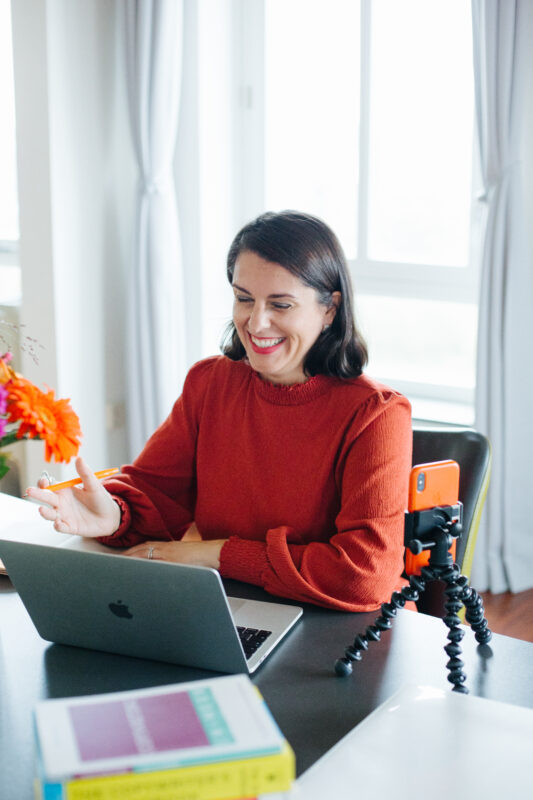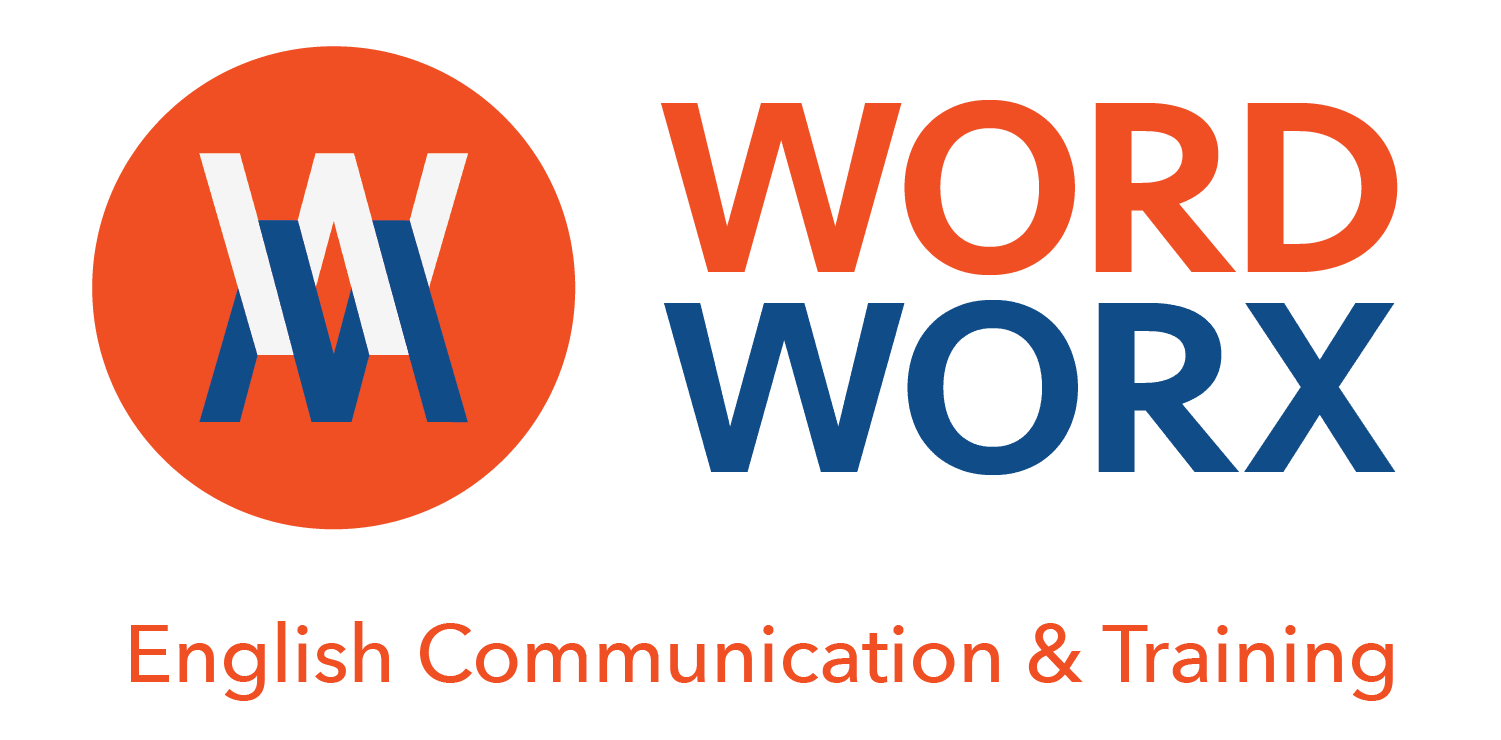100 Sustainability Interviews & Counting

Since the beginning of the year, I’ve had the opportunity to interview nearly 100 sustainability leaders and professionals across various industries, sectors, and regions.
I’ve spoken with individuals from diverse backgrounds, delving into their motivations for pursuing sustainability. What drives their passion for this field? How did they end up in their current roles? What is important to their organisations regarding sustainability, and how are they tackling the challenges that lay ahead?
This has been a fascinating journey, and much of this work has been part of the sustainability campaigns and corporate communications I’ve been involved in as a sustainability copywriter.
Here are key insights I’ve gathered from these conversations over the months:
1. I’ve learned that sustainability is important, but we can’t say we’re more sustainable if we don’t have tangible explanations and track our results. Sustainability is about tracking data, measuring, and ensuring that we are performing and making an impact in reducing our carbon emissions, improving labour conditions, and ensuring fair treatment for workers. A sustainability copywriter can help communicate these metrics effectively.
2. Addressing challenges around data collection and management is key. As many interviewees highlighted, capturing and measuring sustainability performance is not easy. Companies do this in various ways, and it’s been interesting to learn how they perform such analyses and arrive at their data.
3. Companies must build cross-departmental teams around sustainability and inspire everyone to engage. Collaboration is key—without it, success is unlikely. Despite varying sustainability maturity levels, effective communication across regions is essential. A strong sustainability team is crucial for tracking and achieving goals.
4. Diversity, Equity, and Inclusion (DEI) narratives enable companies to articulate what DEI means to them, establishing clear pillars that form the foundation of their messaging. These pillars help shape the DEI story they want to convey internally and externally. Many companies are still in the early stages of crafting these narratives and embedding their company values therein.
5. Enhancing product sustainability is critical to creating more resilient and responsible solutions. In my discussions with product management and sustainability professionals, we delved into the pivotal role Life Cycle Assessments (LCAs) play in shaping sustainable product development. Applying these insights is vital for achieving real progress in sustainability.
6. Many companies are now adapting Life Cycle Assessments (LCAs) into simplified, client-friendly formats. This allows them to communicate product sustainability and empower customers to make informed decisions based on a product’s impact.
7. I’ve learned how innovation is fuelling sustainability for many companies and how companies are turning waste into great value for their products, putting sustainable attributes at the core of any new product creation. There’s a fascinating focus on circular economy initiatives as well. A sustainability copywriter can help compellingly communicate these innovations.
8. I’ve examined what sustainability means to employees on a personal level. Interviewing key sustainability leaders from all aspects of organisations and departments has been very enlightening. I’ve learned that their backgrounds very often shape them and lead them to their roles in sustainability, and many are very proud of their contribution, seeing it not only as a career but also as a calling and way of life.
9. In my interviews, I explored how organisations actively educate their employees and raise awareness on these critical topics. Many interviewees emphasised the importance of training on sustainability and the CSRD for companies.
10. Companies are also doing a lot to educate their customers about their sustainability actions. Salespeople deal with customers daily, and it’s imperative that customers understand the benefits of having products with sustainable attributes.
11. A recurring theme in many interviews has been the challenge of balancing sustainability with economic value. Companies often face higher costs when implementing sustainability initiatives, and consumer acceptance varies significantly by region. Interviewees stressed the importance of considering local contexts to strike this balance effectively.
12. Senior executives’ approaches or attitudes towards DEI have sometimes shown resistance. Interviewees have told me about individuals’ reluctance to address DEI, particularly in Western Europe, which is unfortunate, especially since younger generations demand that more attention be paid to it.
13. Sustainability approaches and strategies need to be tailor-made to specific regions, and we need to consider this. We can’t expect one country to do the same as another because their circumstances, environment, people, and cultures are different.
14. A key theme in my interviews has been people’s inspiration and enthusiasm for sustainability. Most interviewees have been eager to share their insights and work towards greater sustainability within their teams, which has been heart-warming.
15. Many interviewees attend various sustainability events to stay current, gain further knowledge, and share insights with their colleagues.
16. It’s important that individuals also take action in their private lives, not just within companies. Several interviewees shared personal stories about seeing people throw away items that could have been reused or recycled. This highlights the need to raise awareness in everyday life.
17. A large challenge in corporate communications and marketing is understanding how to address sustainability properly. Sustainability is often treated it like a checkbox exercise, but we need to strategize and ensure it is communicated in an inspiring, honest, and accountable way without greenwashing.
18. Many interviewees stressed that the CSRD is a step in the right direction, but what needs to be reported on must be clarified. The CSRD, which will soon be mandatory for many companies, is a positive move, but it’s not everything.
19. Sustainability needs to start from the top. It’s no use having senior executives frequently fly first-class while other employees are urged not to travel. Everyone should be mindful of their emissions and look for alternative ways to reduce them, but this must start with leadership. A sustainability copywriter can help shape the internal and external narratives that encourage leadership to lead by example.
20. Sustainability is a creative endeavour, and if we want to ensure innovation, we need to think in creative and out-of-the-box ways. The next generation of employees will need to think beyond traditional methods to tackle sustainability challenges in new and unique ways.
21. Many interviewees emphasised that their companies are now focusing on long-term solutions to sustainability instead of quick fixes. Quick fixes were often the focus in the past, but now there’s an understanding that this approach doesn’t benefit the environment in the long run.
22. The ‘social’ side of ESG is often neglected. Interviewees acknowledged that while environmental sustainability dominates discussions, there is still much work to be done on the social and governance aspects. True sustainability requires balancing all three ESG pillars—environmental, social, and governance—but the latter are frequently overshadowed. A sustainability copywriter can ensure that all aspects of ESG are given equal weight in communications.
23. The conversation about sustainability must be ongoing and integrated into internal and external communications. It’s not a one-time discussion but something that should be embedded into a company’s culture and messaging — in an ethical, honest, and transparent manner.
Do you need the support of a sustainability copywriter or report writer to promote your company’s contribution to sustainability? Email me at info@elizabethjoss.com. I’d love to chat. Feel free to look at my recent work and company reviews.
